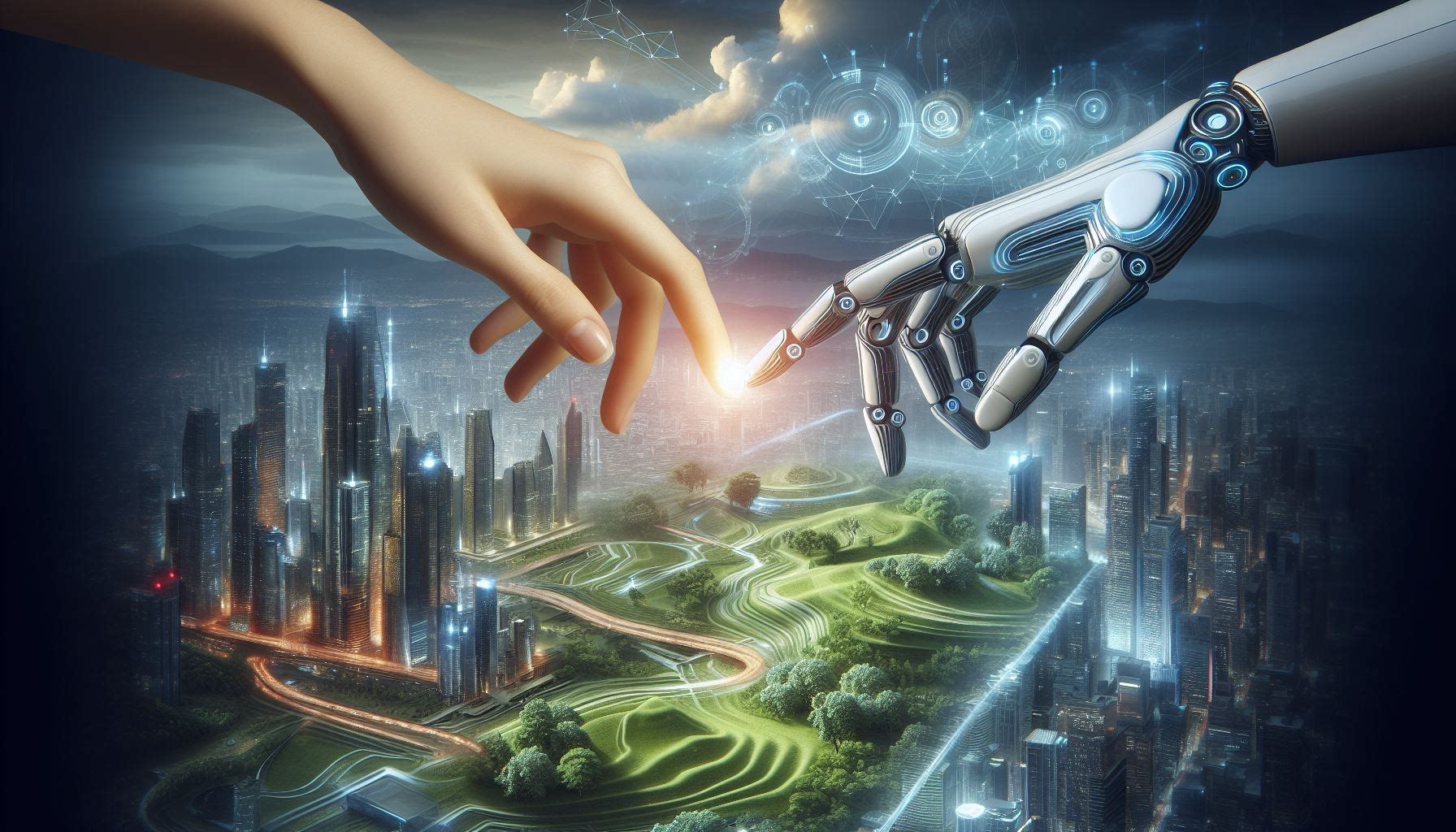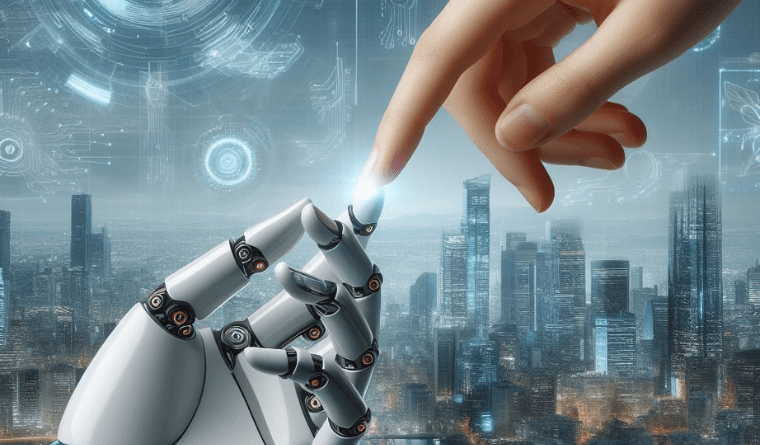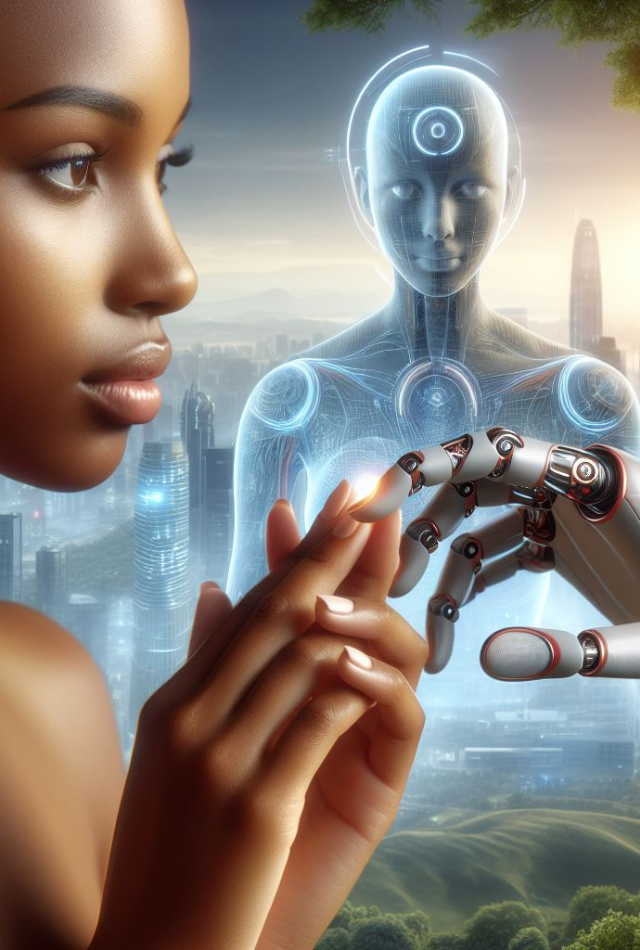AI: Reshaping Our Technological Dance
Technology has become an inseparable part of our lives. From smartphones to smart homes, we interact with it constantly. But how we interact with technology is on the verge of a significant transformation, driven by the ever-evolving field of Artificial Intelligence (AI).
AI’s potential to revolutionize human-computer interaction is vast. Let’s delve into a few ways AI might reshape our technological dance:

1. From Text-based to Natural Conversations: Imagine interacting with your devices like you would a friend. AI-powered chatbots and virtual assistants will become more sophisticated, understanding natural language with greater nuance and responding in a way that feels natural. No more deciphering cryptic error messages or struggling with clunky menus. Conversational AI will make technology intuitive and user-friendly for everyone.
Current Limitations: While AI is making significant strides, it’s important to acknowledge that natural language processing is still under development. AI assistants might sometimes struggle with sarcasm or complex sentence structures. However, researchers are constantly working on improving these capabilities.
2. Personalized Experiences: AI will personalize our interactions based on our preferences and habits. Imagine a news feed that curates articles you’ll genuinely enjoy, or a fitness tracker that tailors workouts to your goals and physical capabilities. AI will learn your needs and anticipate them, creating a seamless and customized technological experience.
3. Proactive Assistance: Our devices will evolve from reactive tools to proactive partners. Imagine a smart home system that automatically adjusts the temperature based on your preferences and schedule, or a car that anticipates traffic congestion and reroutes accordingly. AI will analyze data and take actions to optimize our experience, freeing us from mundane tasks.
4. Intuitive Interfaces: AI-powered interfaces will adapt to our individual needs and preferences. Imagine a user interface that adjusts its layout and complexity based on your comfort level or a virtual assistant that learns your preferred communication style. AI will eliminate the frustration of navigating complex interfaces and make technology more accessible for everyone.
5. Emotionally Intelligent Interactions: As AI grasps human emotions better, our interactions with technology will become more natural and engaging. Imagine a virtual therapist that can truly understand your emotional state or an educational tool that tailors its approach based on your level of frustration. AI will usher in a new era of emotionally intelligent technology, enhancing communication and fostering deeper connections.
Conversational AI will make technology intuitive and user-friendly for everyone.
6. The Future of AI Interfaces: While touchscreens and voice commands are prevalent today, AI might pave the way for even more intuitive interfaces. Imagine controlling your devices with gestures, brain-computer interfaces (BCIs) that directly interpret your thoughts, or even augmented reality overlays that provide information seamlessly within your field of vision.
However, with this exciting potential comes the responsibility to develop AI ethically and responsibly. We must ensure that AI-powered interactions are unbiased, transparent, and secure.
AI will usher in a new era of emotionally intelligent technology, enhancing communication and fostering deeper connections.
– Cheyenne George
The future of human-computer interaction promises to be a fascinating dance, fueled by the power of AI. As we move forward, it’s crucial to embrace this change thoughtfully, ensuring that AI enhances our lives without compromising our privacy or autonomy.


